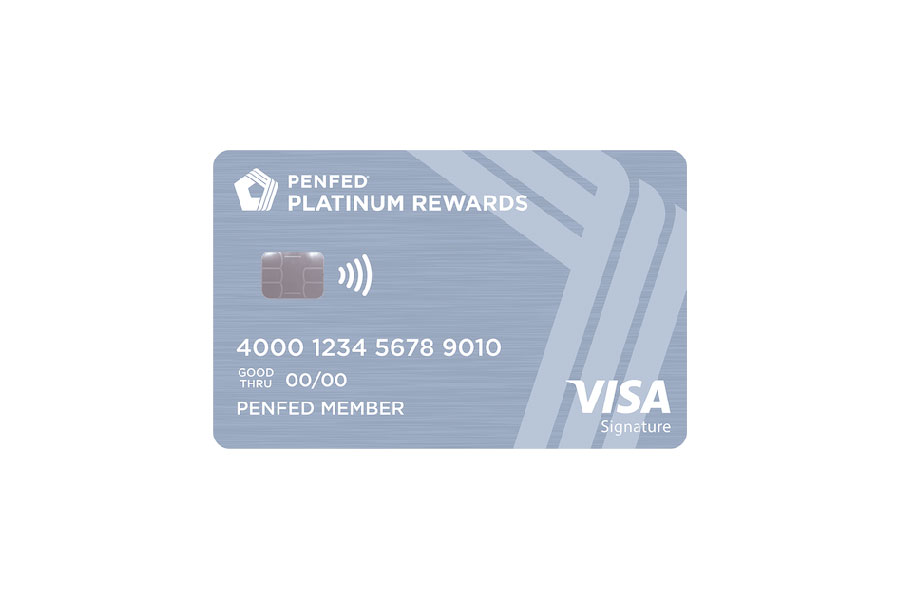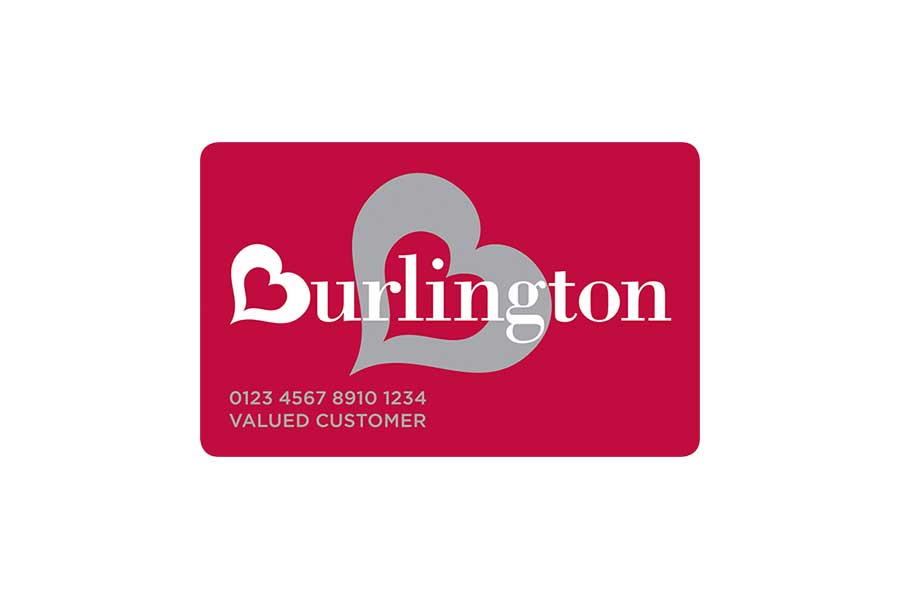If you’ve just opened your first credit card or taken out a loan, you’re probably eager to see a credit score pop up. After all, that three-digit number can unlock better rates, easier approvals, and more financial opportunities.

But credit scores don’t appear overnight. It takes time for your credit activity to be reported, recorded, and calculated by the credit bureaus. For most people, that means a few months of consistent activity before a score shows up.
Knowing how long it usually takes—and what can speed things up—can help you set realistic expectations and avoid unnecessary frustration. Here’s what you need to know before your first credit score is born.
How Credit Activity Gets Reported to the Credit Bureaus
Whenever you use a credit card, make a loan payment, or take any action involving credit, your lender or credit card company records that activity. This can include on-time payments, missed payments, credit limit changes, loan balances, and even new credit inquiries.
Most lenders and credit card issuers send this information to the three major credit bureaus—Equifax, Experian, and TransUnion—on a monthly basis, though some report more or less often. Regular reporting keeps your credit history current and ensures the bureaus have accurate details about your accounts.
Once the bureaus receive the updates, they compile them into your credit report. This report is a detailed record of your credit accounts, payment history, inquiries, and any negative marks such as bankruptcies or liens. Lenders and landlords can review it to assess how you manage credit and decide whether to approve you for new accounts or housing.
What You Need Before a Credit Score Can Be Created
A credit score isn’t generated the moment you open a new account. Credit scoring models need enough information about your credit habits to produce a meaningful number—and that takes time.
- Account Age: Most credit scoring models, including the widely used FICO model, require at least one credit account to be open for three to six months. This gives the credit bureaus enough history to measure how you manage debt and payments.
- Recent Activity: Simply having an account isn’t enough. You need to use it—whether that’s making purchases on a credit card or paying down a loan—and have that activity reported to the credit bureaus. At least one update within the past six months is generally required before a score can be calculated.
By meeting both requirements—minimum account age and recent reported activity—you’ll give the scoring models what they need to create your first credit score.
Factors That Can Speed Up or Delay Your First Credit Score
Getting your first credit score isn’t just about waiting a few months. Several factors can influence how quickly that number appears.
Type of Account
The kind of credit account you open can affect both how soon it shows up on your credit report and how much impact it has.
- Credit Cards: As revolving credit, they often report activity more frequently than loans. Making on-time payments and keeping balances low compared to your limit is one of the fastest ways to build credit.
- Personal Loans: These installment loans have fixed monthly payments. Consistent on-time payments help your profile, but updates to the credit bureaus may be less frequent than with credit cards.
- Auto Loans: Also installment-based, auto loans typically involve larger balances. The way you manage payments early on can shape your initial credit profile.
Issuer Reporting Practices
Not all lenders report in the same way.
- Frequency: Some report monthly, while others do so every two months or quarterly. More frequent reporting usually means faster credit score generation.
- Partial Reporting: Some lenders only report to one or two of the three major credit bureaus. This can cause differences in your reports and may delay when you see a score from certain bureaus.
Credit Reporting Errors
Mistakes in reporting can slow the process.
- Missing or Incorrect Data: An account might not be reported at all or could show inaccurate information. Either issue can delay your score or misrepresent your credit behavior.
- Fixing Problems: Reviewing your credit reports regularly and disputing errors can help ensure your history is accurate. Corrections can take time but are essential for building a solid profile.
How Long It Usually Takes to Get Your First Credit Score
Knowing the timeline can help you set realistic expectations and stay patient while building your credit history.
Initial Reporting
Once you’re approved for a credit card or loan, your lender typically reports the new account to the credit bureaus within 30 to 60 days. This first report creates the starting point for your credit history.
Generating Your First Score
Most scoring models, including FICO, require about three to six months of reported activity before a score can be calculated. If your account is active and reported consistently during that period, you’ll usually see your first credit score appear within that window. That number reflects your earliest borrowing and payment habits, forming the foundation for your future credit profile.
How Different Credit Scoring Models Might Affect the Timeline
Credit scoring isn’t a one-size-fits-all scenario. Depending on the model used, there can be subtle to significant differences in how your credit score is calculated.
How Different Credit Scoring Models Might Affect the Timeline
Credit scoring isn’t a one-size-fits-all process. The model used can change both how your credit score is calculated and how quickly it appears.
FICO: The Standard Bearer
FICO scores are the most widely used by lenders and come in multiple versions designed for different types of lending. While each version weighs factors slightly differently, all consider payment history, credit utilization, and length of credit history. For most new credit users, it takes about six months of reported activity before a FICO score can be generated.
VantageScore: The Challenger
Developed by the three major credit bureaus, VantageScore has a different approach to how your credit score is calculated. Some versions can generate a score with less than six months of history, making it possible for new borrowers to see a number sooner. It also weighs certain factors differently than FICO, which can result in score variations.
What This Means for New Credit Users
Because the models operate differently, you might see discrepancies in your scores from various sources. When applying for new credit, it’s important to know which model the lender will use so you can set the right expectations.
Tips to Boost and Maintain Your Credit Score Early On
A strong credit score starts with consistent, responsible habits. Here’s how to set yourself up for long-term success from the very beginning.
Make Every Payment on Time
Payment history is the single most important factor in how your credit score is calculated. Pay on time every month—every account, every bill. Setting up automatic payments or calendar reminders can help you avoid costly slip-ups.
Keep Your Credit Utilization Low
Credit utilization—how much of your available credit you’re using—signals risk to lenders. Aim to keep it below 30%, and ideally under 10% for the best results. For example, if your limit is $1,000, try to keep your balance under $100.
Mix Your Credit Types Carefully
A variety of account types, like credit cards and installment loans, can slightly improve your score. But don’t open accounts you don’t need—unnecessary debt can do more harm than good.
Monitor Your Credit Regularly
Check your credit reports from all three credit bureaus to spot errors or fraud quickly. You can access free reports each year and use monitoring tools to track changes in your credit score over time.
Consider a Secured Credit Card
For newcomers or those rebuilding credit, a secured card is a low-risk entry point. Your deposit becomes your limit, and responsible use builds your credit history.
Try a Credit Builder Loan
Credit builder loans hold the borrowed funds in an account until you’ve repaid them in full. On-time payments are reported to the credit bureaus, helping establish a positive record.
Become an Authorized User
If a trusted family member or friend adds you to their credit card account, their positive history can appear on your credit report. Just be sure they maintain good habits, as negative activity can also affect you.
Mistakes That Can Slow Your Credit Score Growth
Even one misstep can set your progress back. Avoid these common pitfalls:
Opening Too Many New Accounts
Each application triggers a hard inquiry, which can lower your credit score temporarily. Multiple applications in a short time can signal risk to lenders.
Forgetting Small Balances
Even a few dollars left unpaid can lead to interest charges or late fees. Check every account regularly and pay off all balances.
Missing Payments
One missed payment can remain on your credit report for up to seven years and cause a major drop in your credit score. If you’re struggling, contact your lender to discuss options before the due date.
Bottom Line
Building credit takes time, but steady habits will get you there. Use your accounts regularly, pay every bill on time, and keep your balances low to show lenders you can manage credit responsibly.
Whether you start with a secured credit card, a credit builder loan, or by becoming an authorized user, the goal is the same—create a positive history that grows stronger with each month of good behavior.
Your first credit score is just the starting point. Keep your focus on consistency, and you’ll set yourself up for more opportunities, better rates, and long-term financial health.




